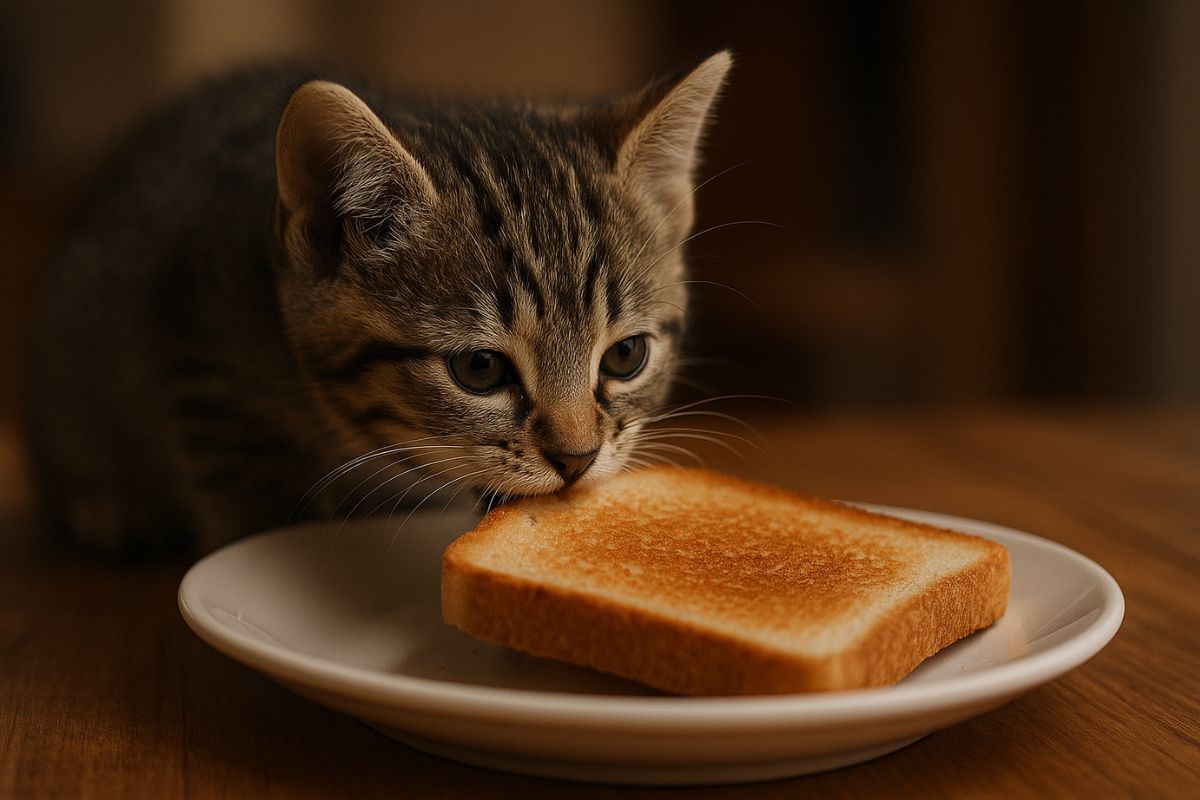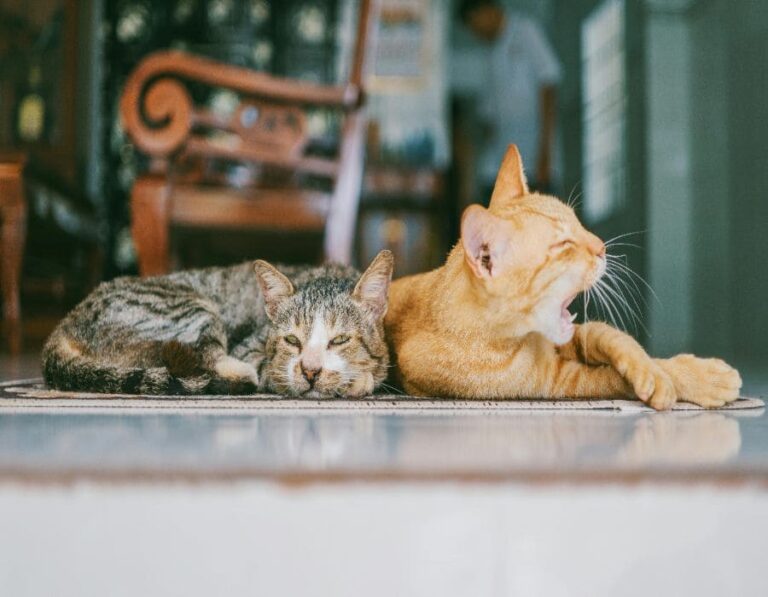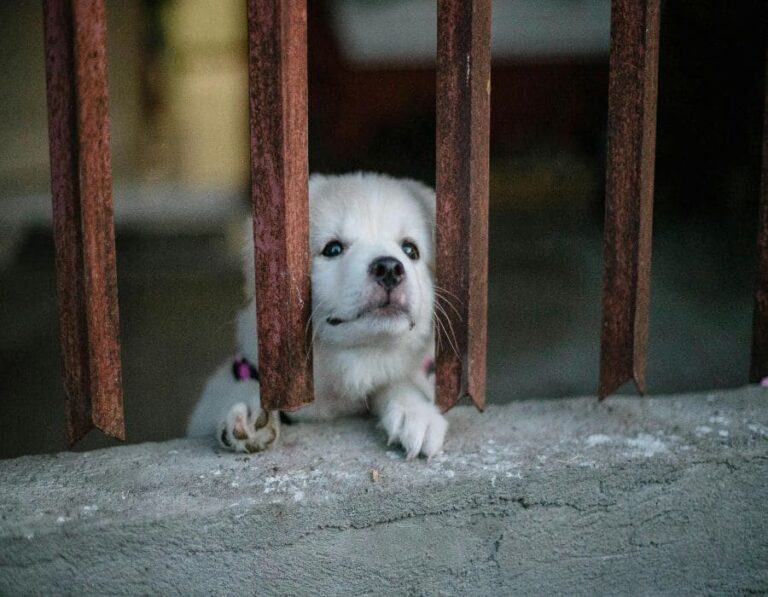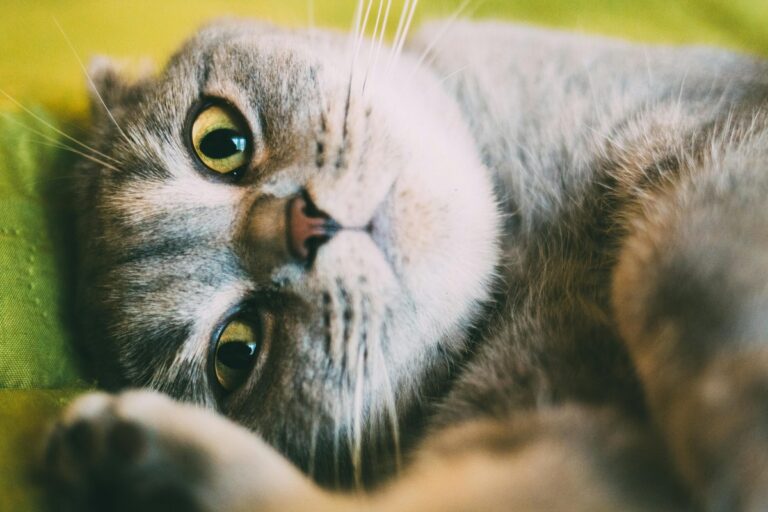11 Common Items That Are Poisonous to Kittens
Kittens are incredibly curious creatures, and their tendency to explore with their mouths can sometimes lead to trouble. As a kitten owner, it’s essential to be aware of the common household items that can be poisonous to your furry friend. Some items that seem harmless to us can be life-threatening to kittens, especially since they are small and more sensitive to toxins. Here’s a list of common items that are poisonous to kittens, along with tips to keep them safe.
1. Chocolate
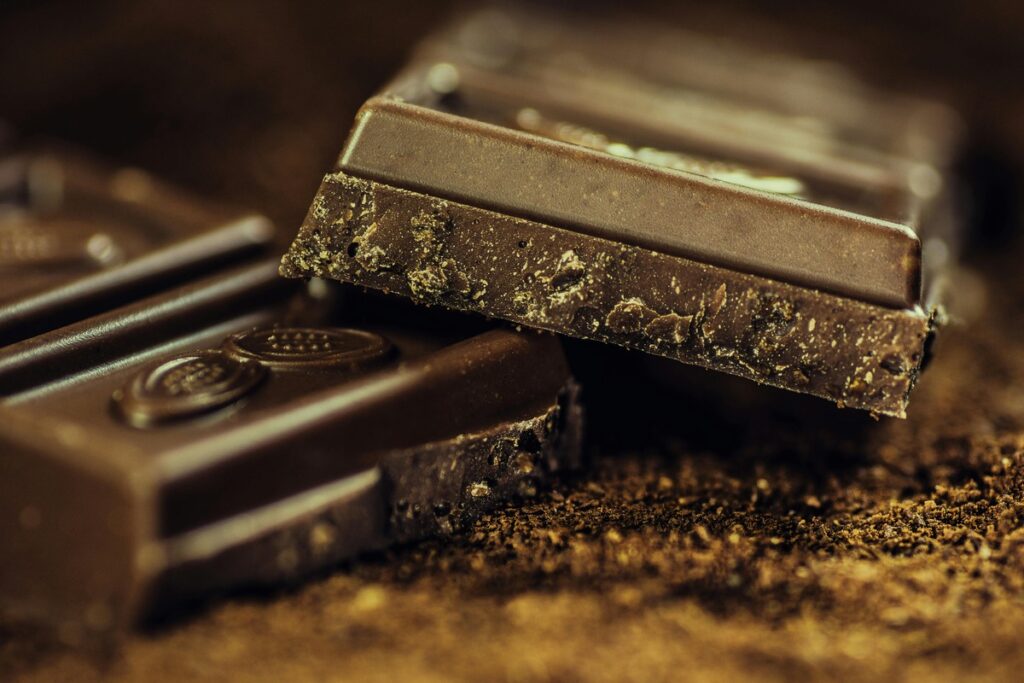
Like dogs, chocolate is extremely toxic to kittens. Chocolate contains theobromine, which can cause severe symptoms such as vomiting, diarrhea, seizures, and even death in kittens. Dark chocolate and cocoa powder are the most dangerous forms, as they contain the highest levels of theobromine. Always keep chocolate out of reach of your kitten, especially during holidays when treats are more readily available.
2. Onions and Garlic
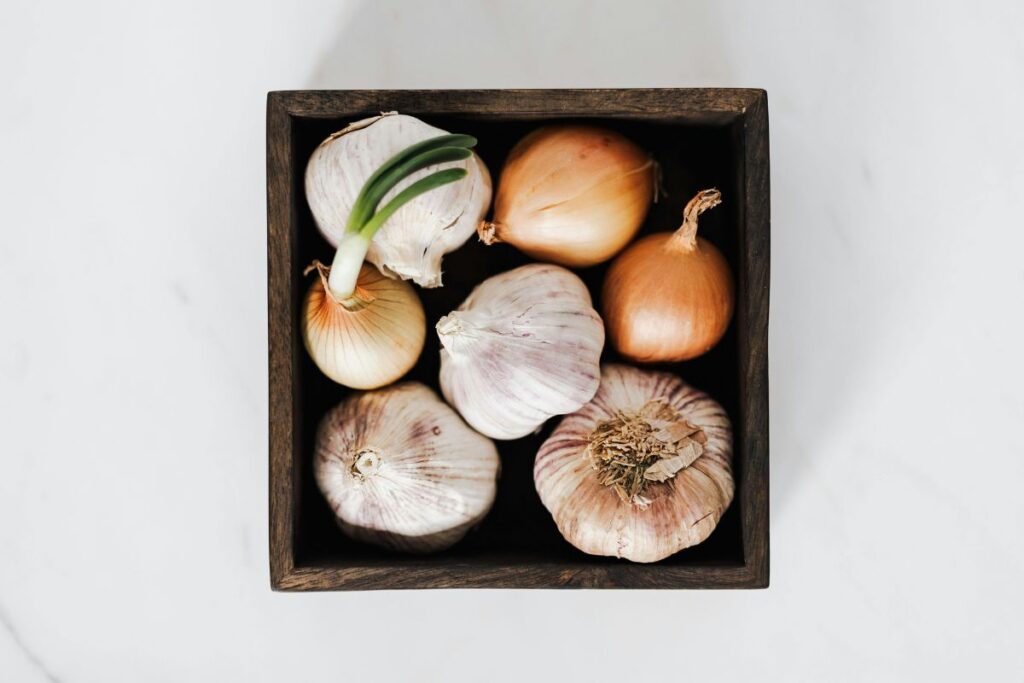
Onions and garlic, whether raw, cooked, or powdered, contain thiosulfates that are toxic to kittens. These substances can cause red blood cell damage, leading to anemia. Symptoms include vomiting, diarrhea, weakness, and lethargy. Even small amounts can be harmful, so it’s best to avoid feeding kittens any food that contains onion or garlic, including baby food, soups, and gravies.
3. Houseplants

Many common houseplants are toxic to kittens. Some of the most dangerous ones include:
- Lilies (including Easter lilies, tiger lilies, and daylilies) – Can cause kidney failure.
- Azaleas – Can lead to vomiting, diarrhea, and heart arrhythmias.
- Oleander – Extremely toxic, can cause heart problems and death.
- Dieffenbachia (Dumb Cane) – Causes oral irritation, swelling, and difficulty swallowing.
If you have houseplants in your home, be sure to research their toxicity before bringing them into a kitten-friendly environment. To be safe, keep plants out of reach or choose non-toxic varieties.
4. Caffeine

Caffeine is toxic to kittens and can cause symptoms like restlessness, rapid heart rate, vomiting, and muscle tremors. It’s found in coffee, tea, energy drinks, and sodas. Kittens, with their small size, are particularly vulnerable to caffeine poisoning. Always keep beverages that contain caffeine away from your kitten and ensure any spills are promptly cleaned.
5. Alcohol
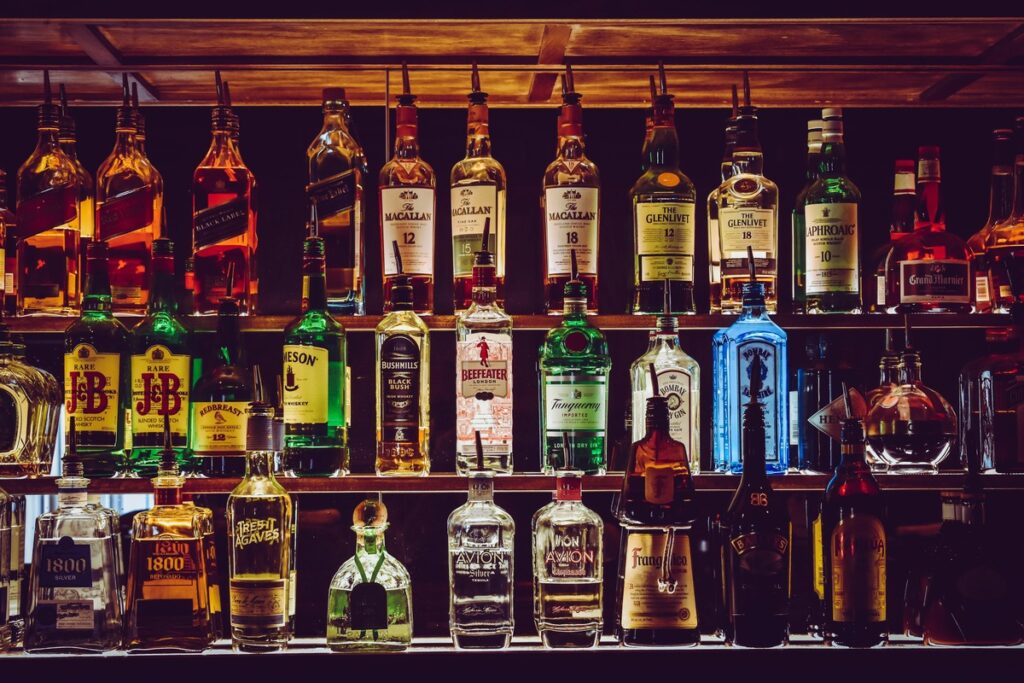
Even small amounts of alcohol can be highly dangerous to kittens. It can cause respiratory depression, low blood sugar, vomiting, and even coma in severe cases. Alcohol also irritates the stomach lining, leading to gastritis. Avoid leaving alcoholic drinks unattended, especially during social gatherings, and be sure to clean up any spills immediately.
6. Xylitol
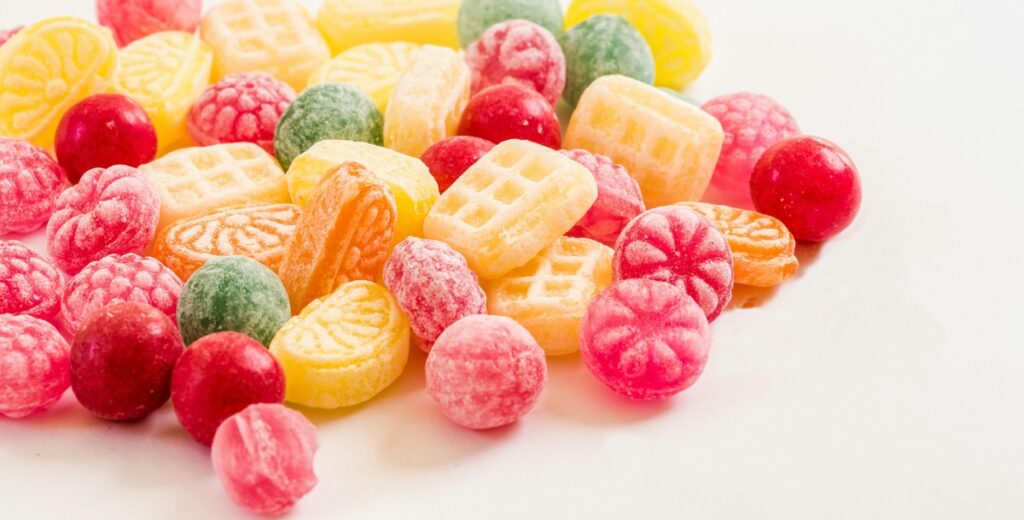
Xylitol is a sugar substitute commonly found in sugar-free gum, candies, baked goods, and even toothpaste. While it’s harmless to humans, it is extremely toxic to kittens and can cause a rapid drop in blood sugar, leading to symptoms like vomiting, weakness, seizures, and liver failure. Be mindful of where you store products containing xylitol and keep them out of your kitten’s reach.
7. Raw Dough
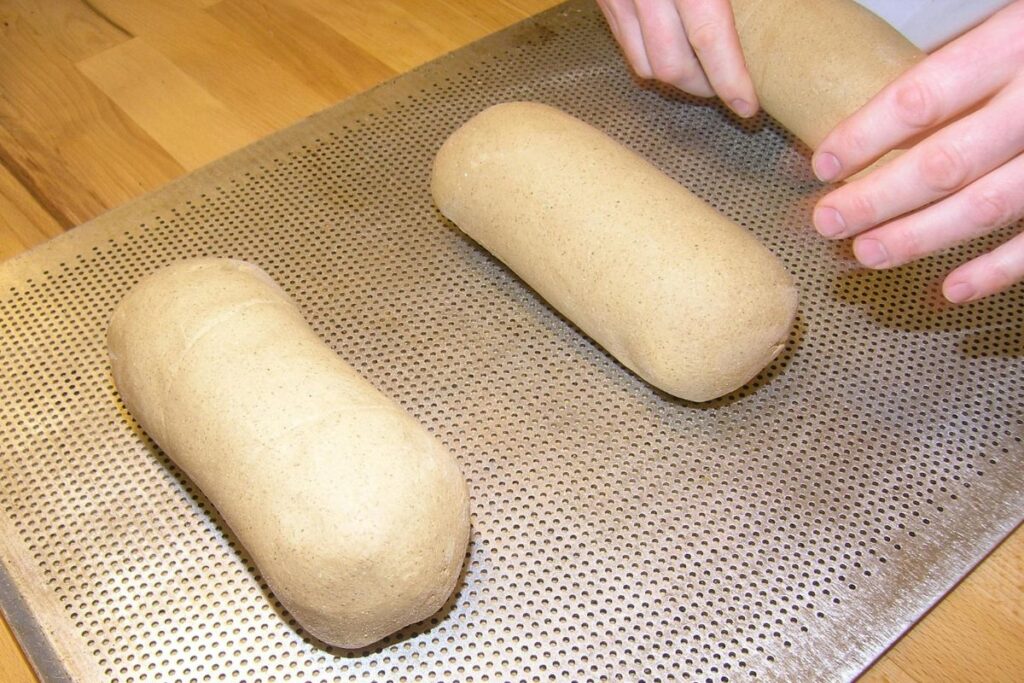
Raw dough, especially if it contains yeast, is a significant danger to kittens. When ingested, the dough can expand in their stomach, causing bloating and gas buildup. Additionally, the fermentation of yeast produces alcohol, which can result in alcohol poisoning. Raw dough can also cause intestinal blockages, which can be life-threatening. Keep dough and any baking ingredients well out of your kitten’s reach.
8. Medications
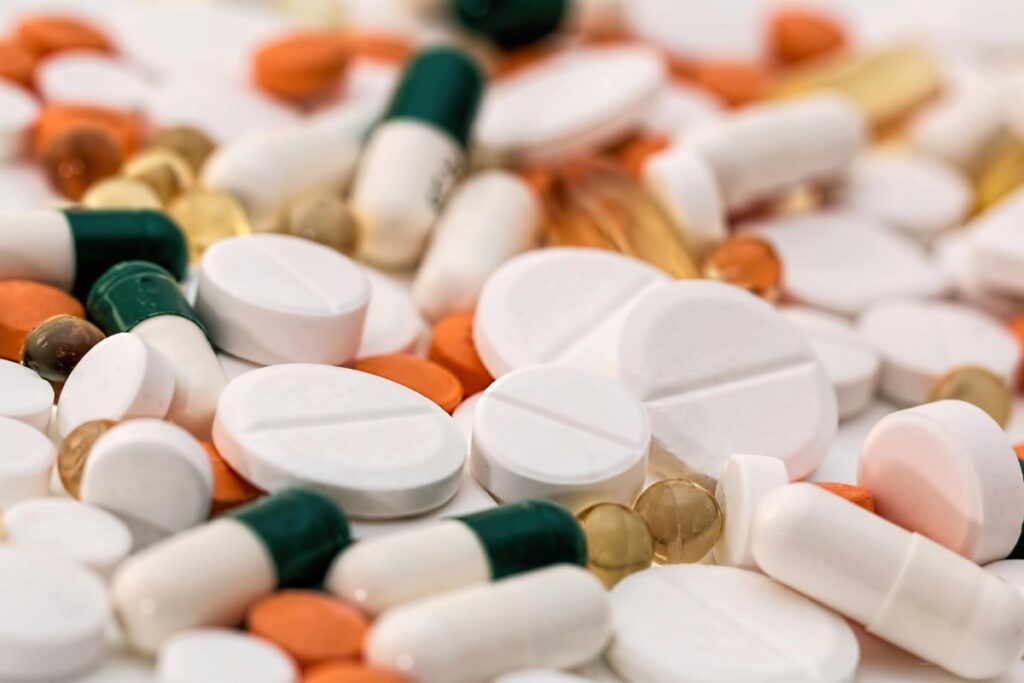
Human medications, including over-the-counter drugs like acetaminophen (Tylenol), ibuprofen (Advil), and aspirin, are highly toxic to kittens. Even small doses can cause liver failure, kidney damage, and gastrointestinal distress. It’s important to keep all medications, including vitamins and supplements, securely stored away from your kitten. If your kitten ingests any medication, seek veterinary attention immediately.
9. Cleaning Products
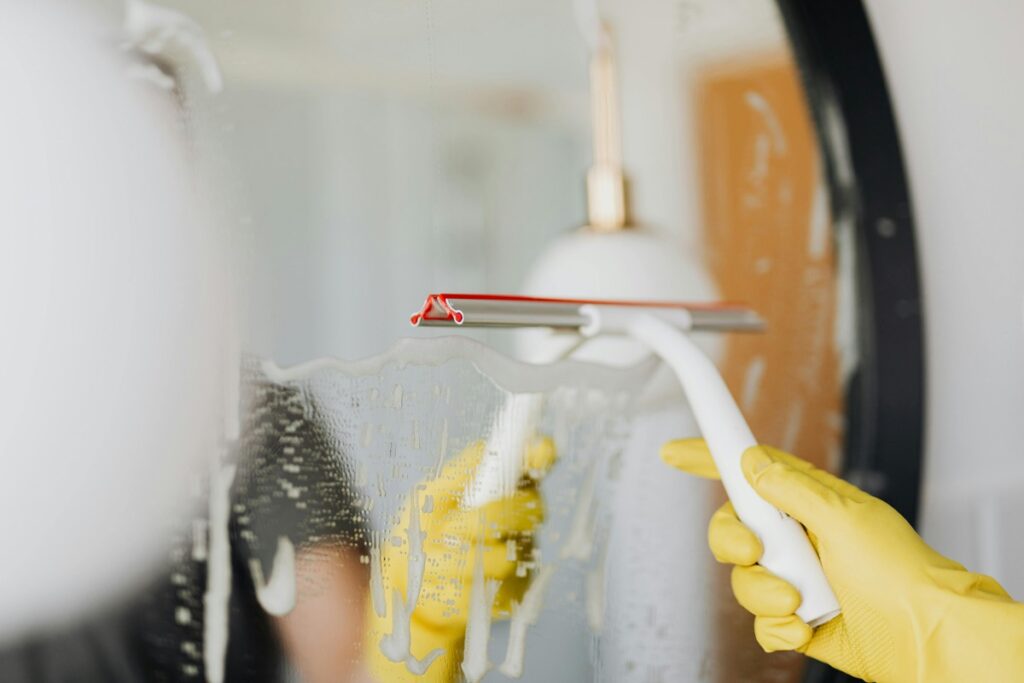
Many common household cleaners such as bleach, ammonia, window cleaners, and disinfectants contain chemicals that can be harmful to kittens. If ingested or inhaled, these chemicals can cause stomach irritation, chemical burns, respiratory distress, and nervous system damage. Always store cleaning products in a safe place, and ensure that surfaces are thoroughly rinsed after cleaning to prevent any accidental exposure.
10. Mothballs

Mothballs are used to protect clothing from moths, but they contain naphthalene or paradichlorobenzene, which are toxic to kittens. Ingesting mothballs can cause vomiting, diarrhea, liver damage, and anemia. If your kitten chews on mothballs, it is critical to seek immediate veterinary care. Be sure to store mothballs in an area that is inaccessible to your kitten.
11. Tobacco
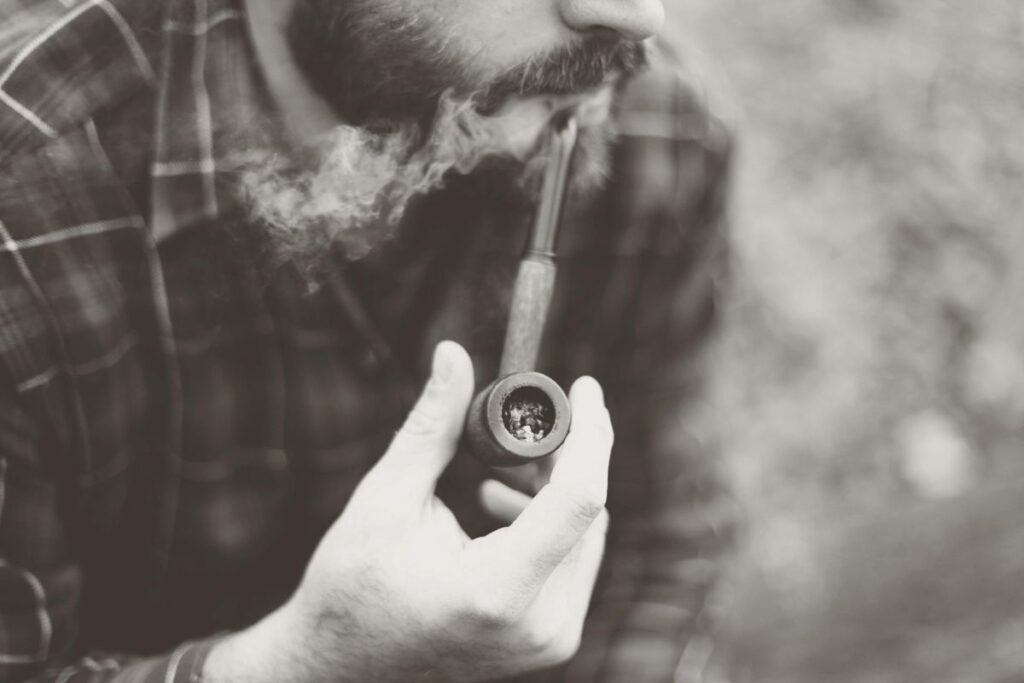
Nicotine is extremely toxic to kittens, and even small amounts can cause symptoms like vomiting, diarrhea, tremors, and seizures. Tobacco products, such as cigarettes, cigars, and chewing tobacco, can also cause poisoning if ingested. Keep cigarettes and other tobacco products away from your kitten, and avoid any areas where these items might be discarded carelessly.
How to Keep Your Kitten Safe
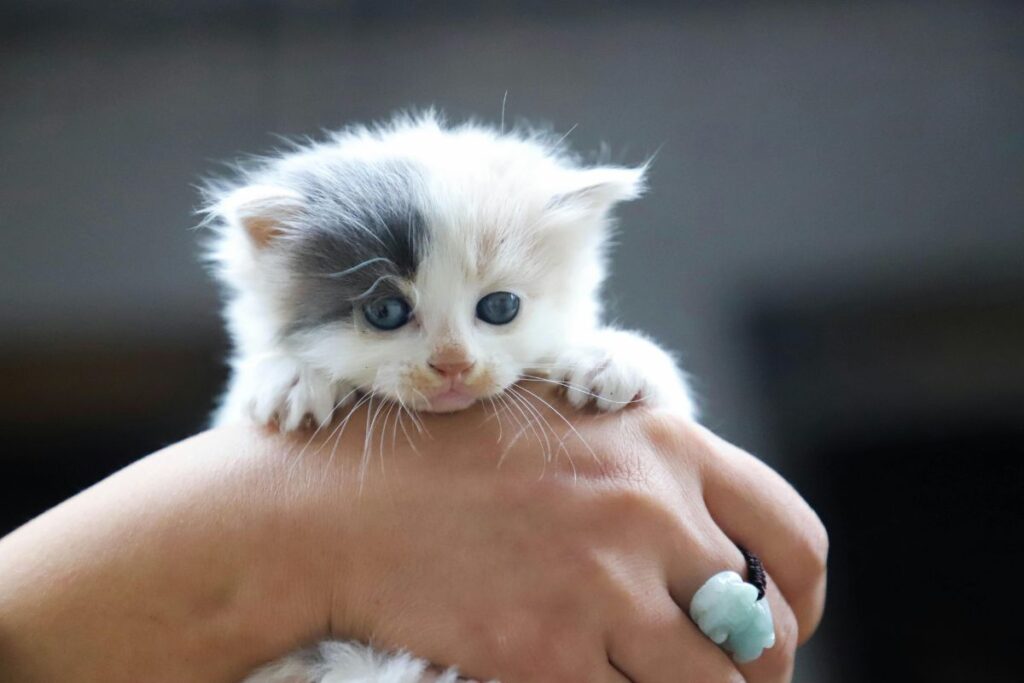
To ensure your kitten’s safety, here are a few essential tips:
- Kitten-proof your home: Just like you would baby-proof a house, make sure any hazardous items are securely stored away in cabinets or high places where your kitten cannot reach.
- Use safe products: When cleaning or using products around your kitten, opt for non-toxic, pet-safe alternatives.
- Keep plants out of reach: Choose non-toxic plants and make sure that they are kept in areas your kitten cannot access.
- Know the signs of poisoning: Symptoms of poisoning in kittens may include vomiting, diarrhea, lethargy, loss of appetite, or difficulty breathing. If you suspect your kitten has ingested something toxic, contact your vet immediately.
Conclusion
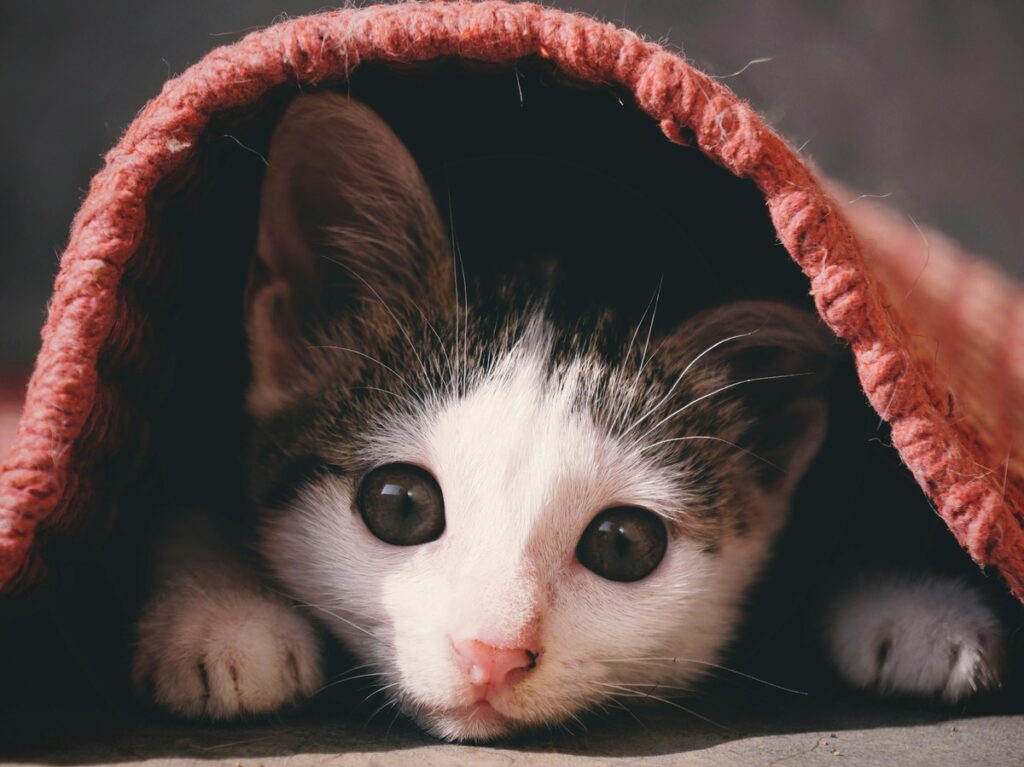
As a kitten owner, it’s important to be aware of the items around your home that can pose a serious threat to your pet. From chocolate and plants to cleaning supplies and medications, many everyday household items can be dangerous or even fatal if ingested by kittens. By keeping these items out of reach and being vigilant about your kitten’s environment, you can help keep them safe and healthy. If you ever suspect your kitten has ingested something toxic, don’t hesitate to seek veterinary help immediately to ensure their well-being.

